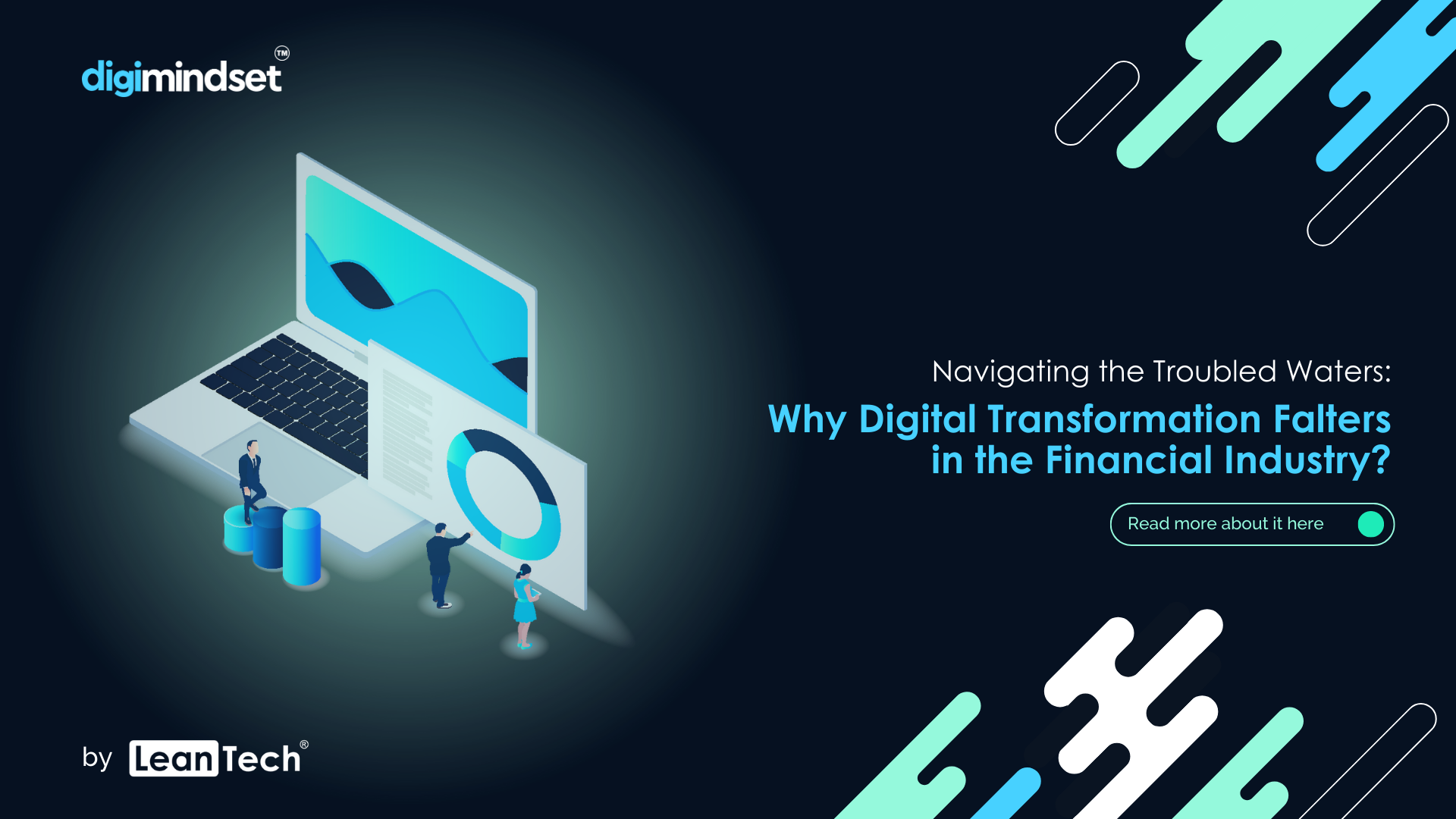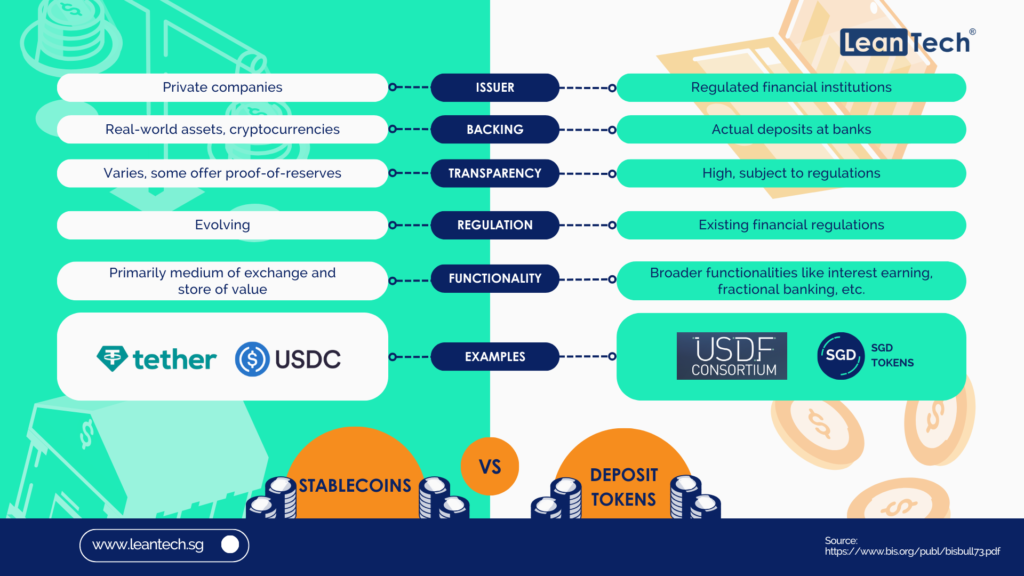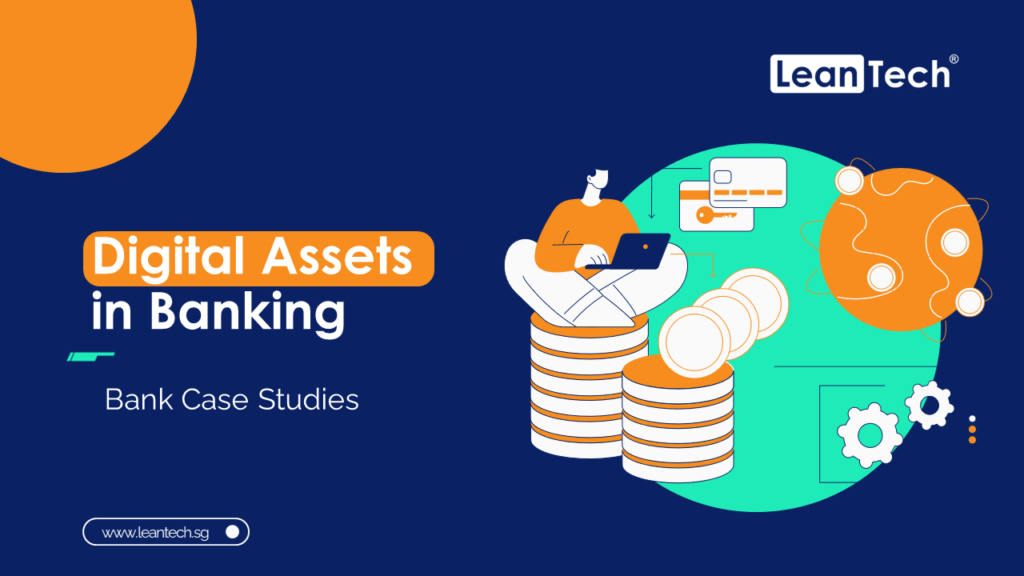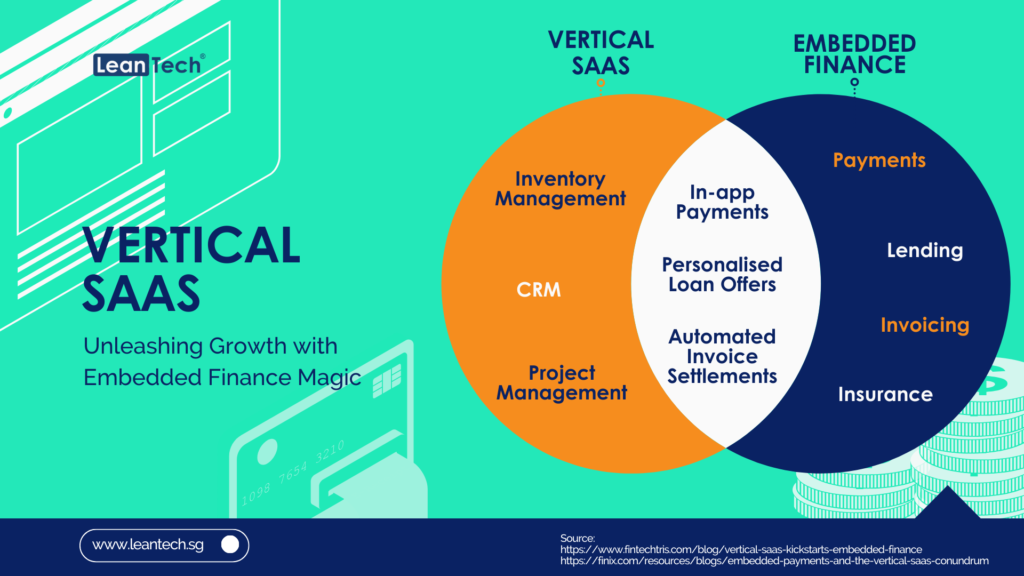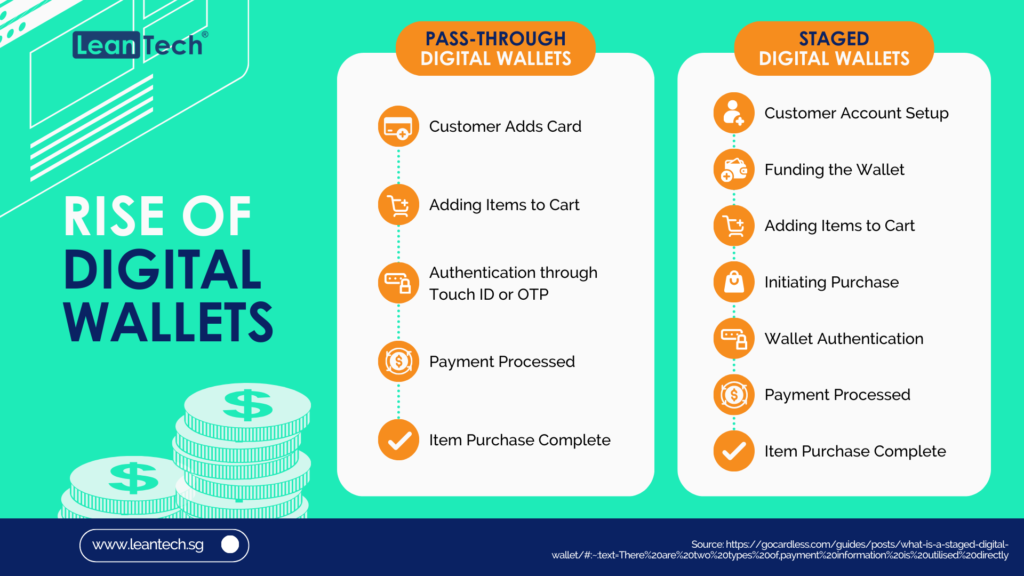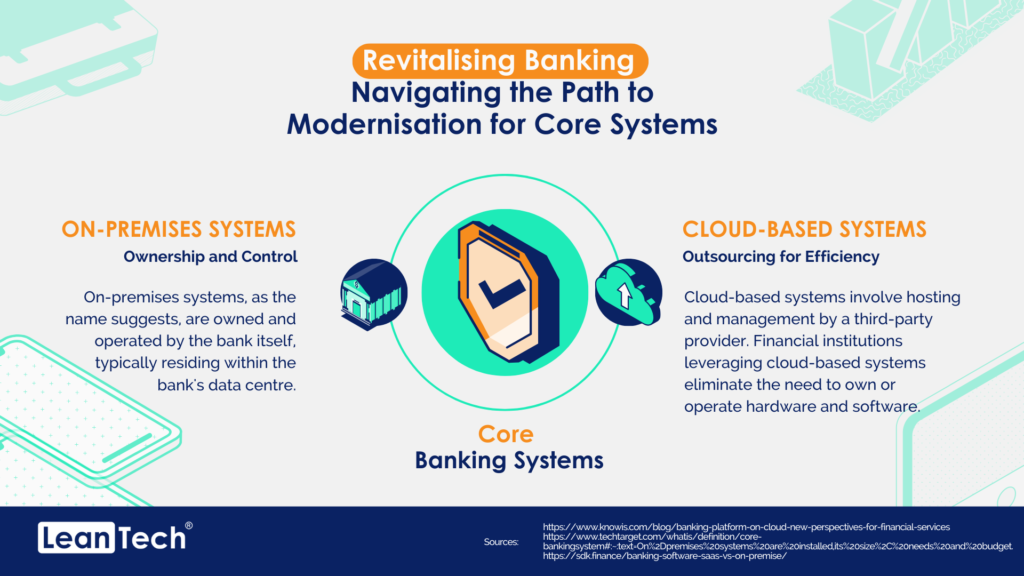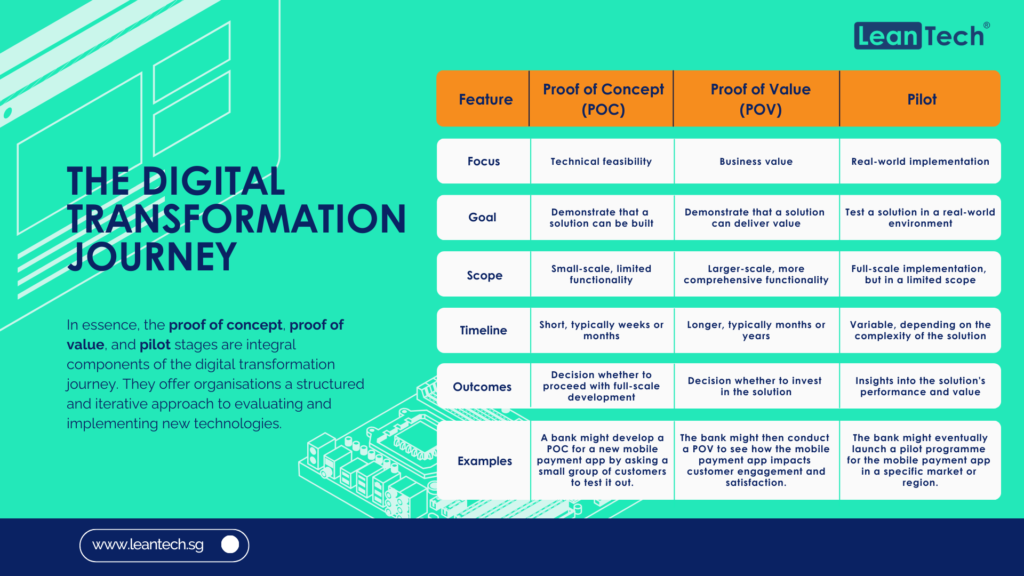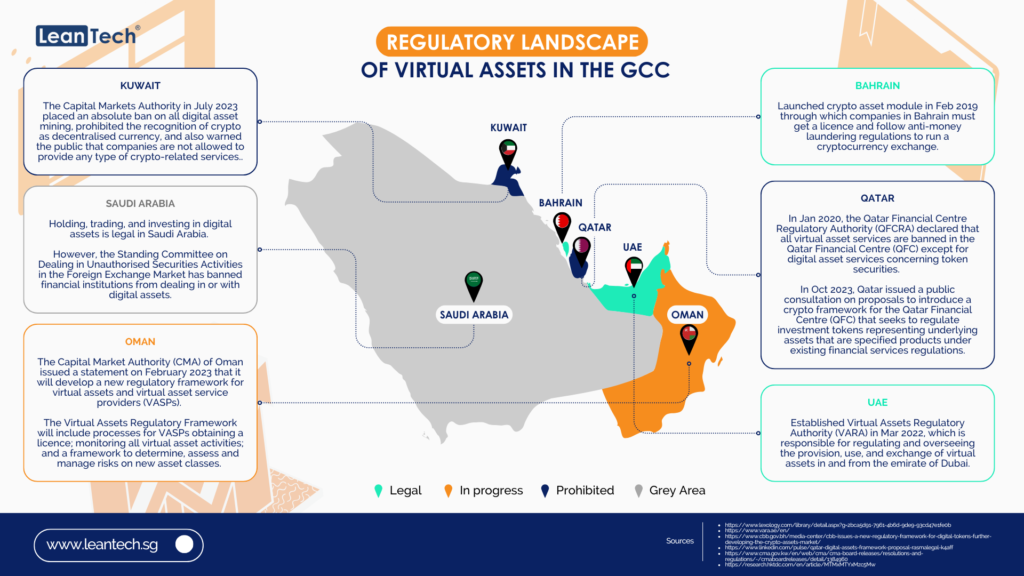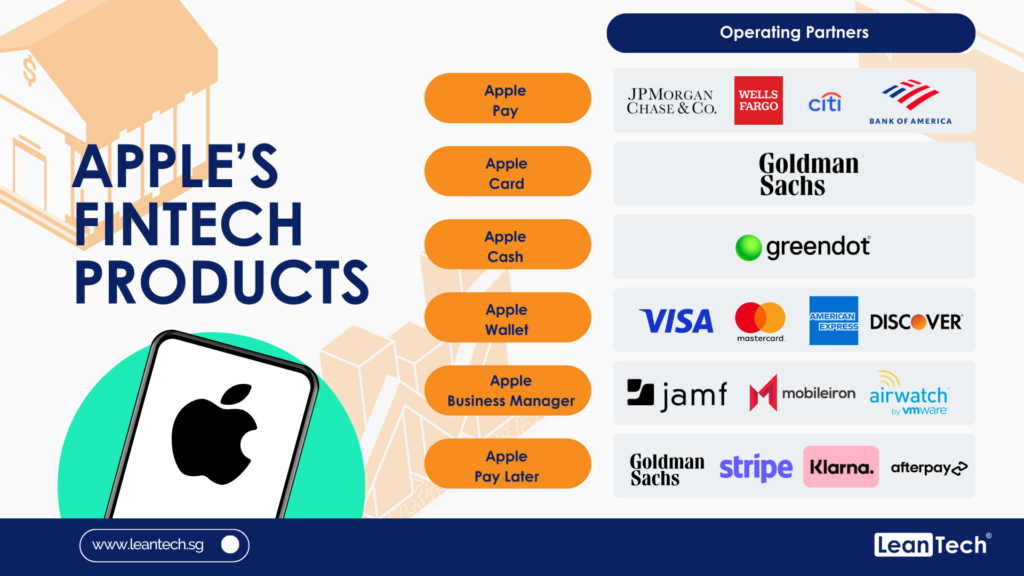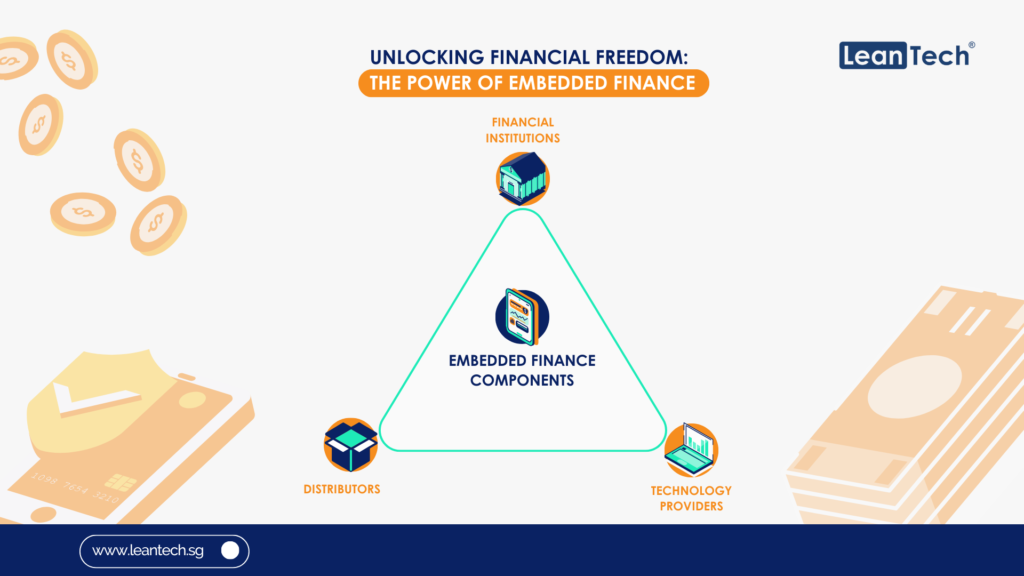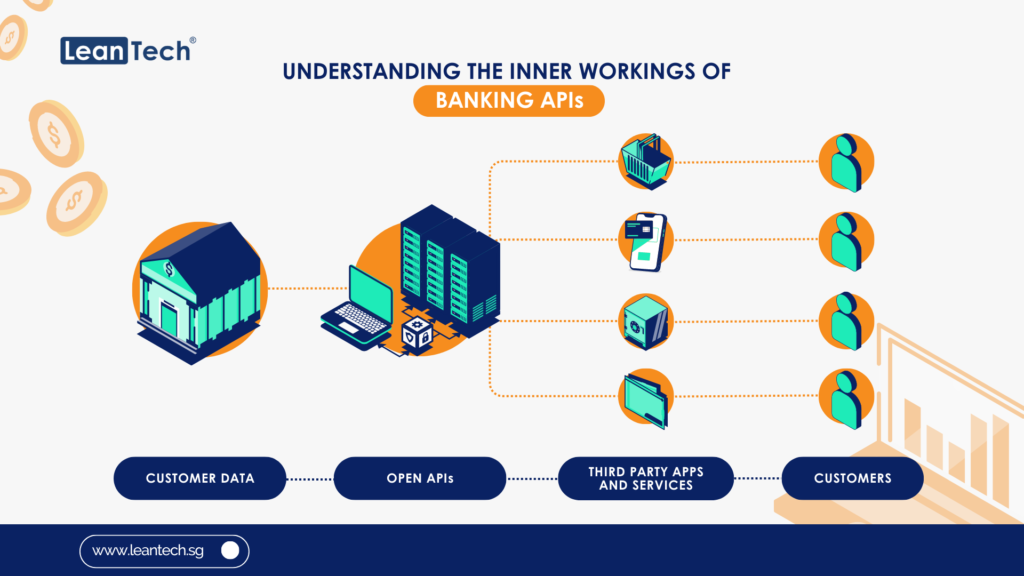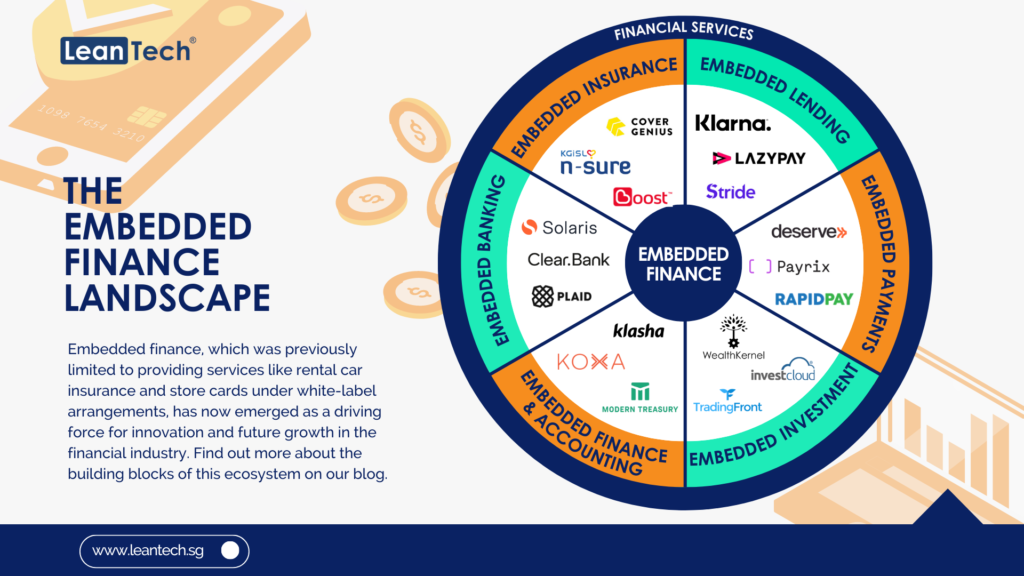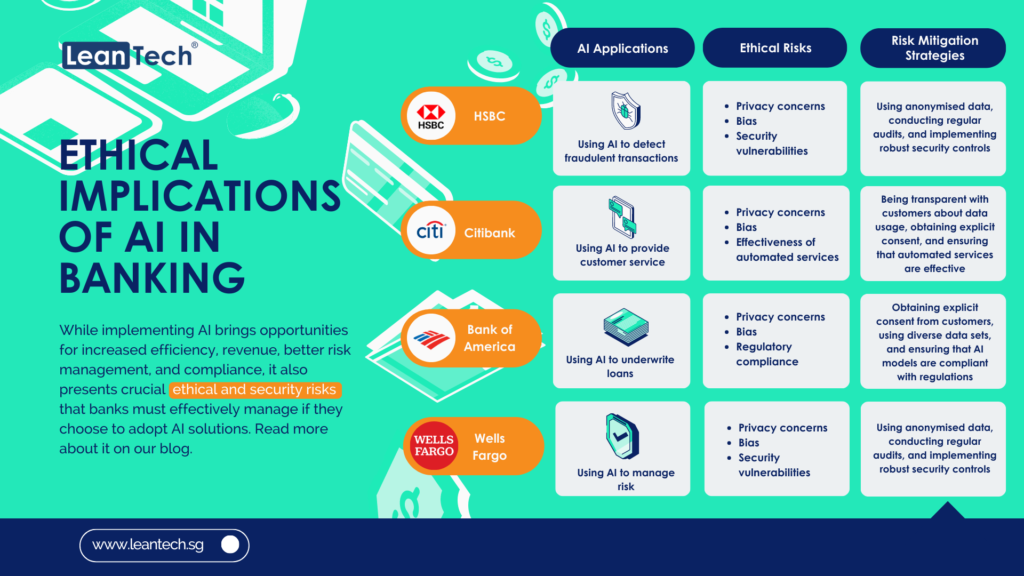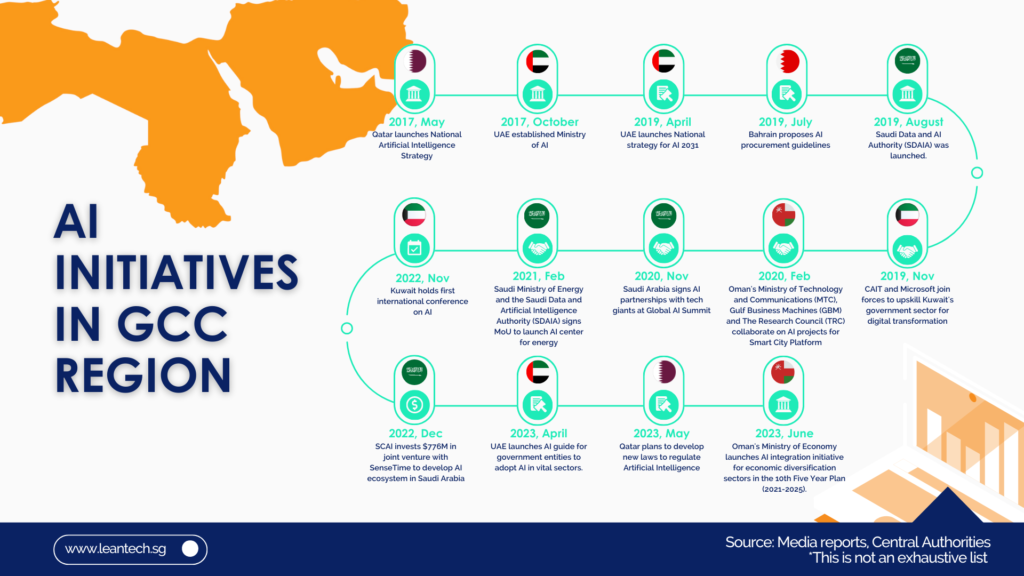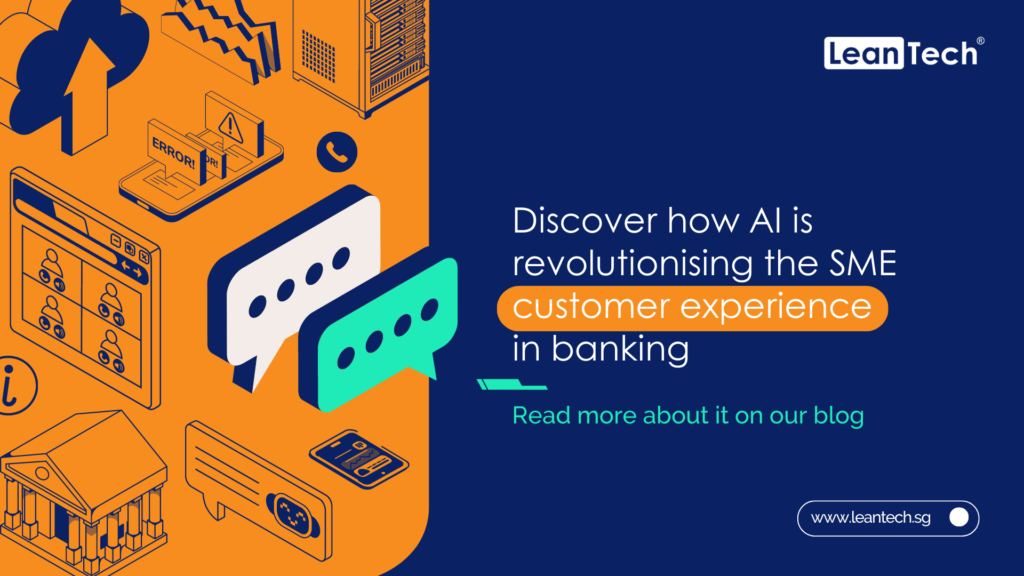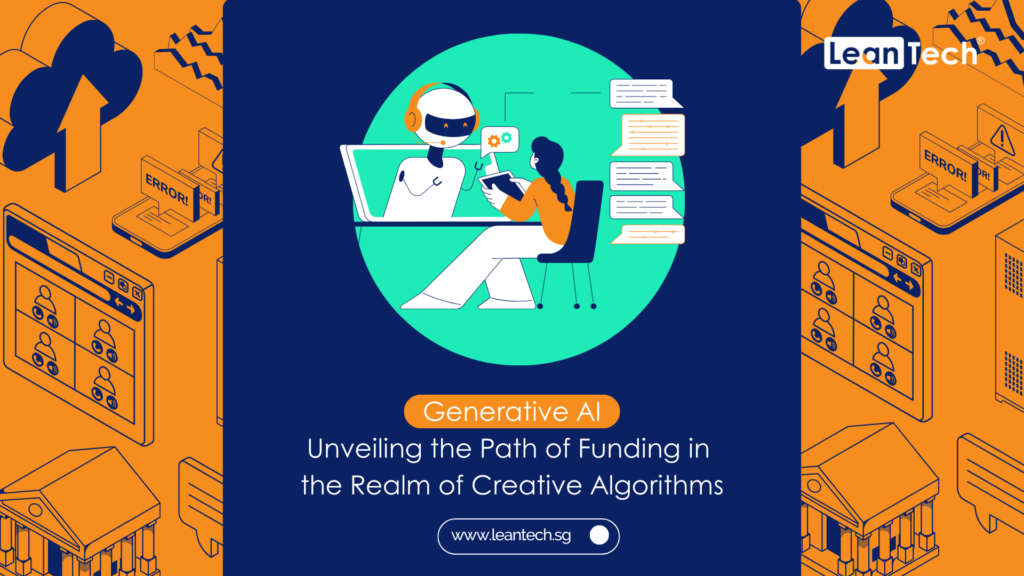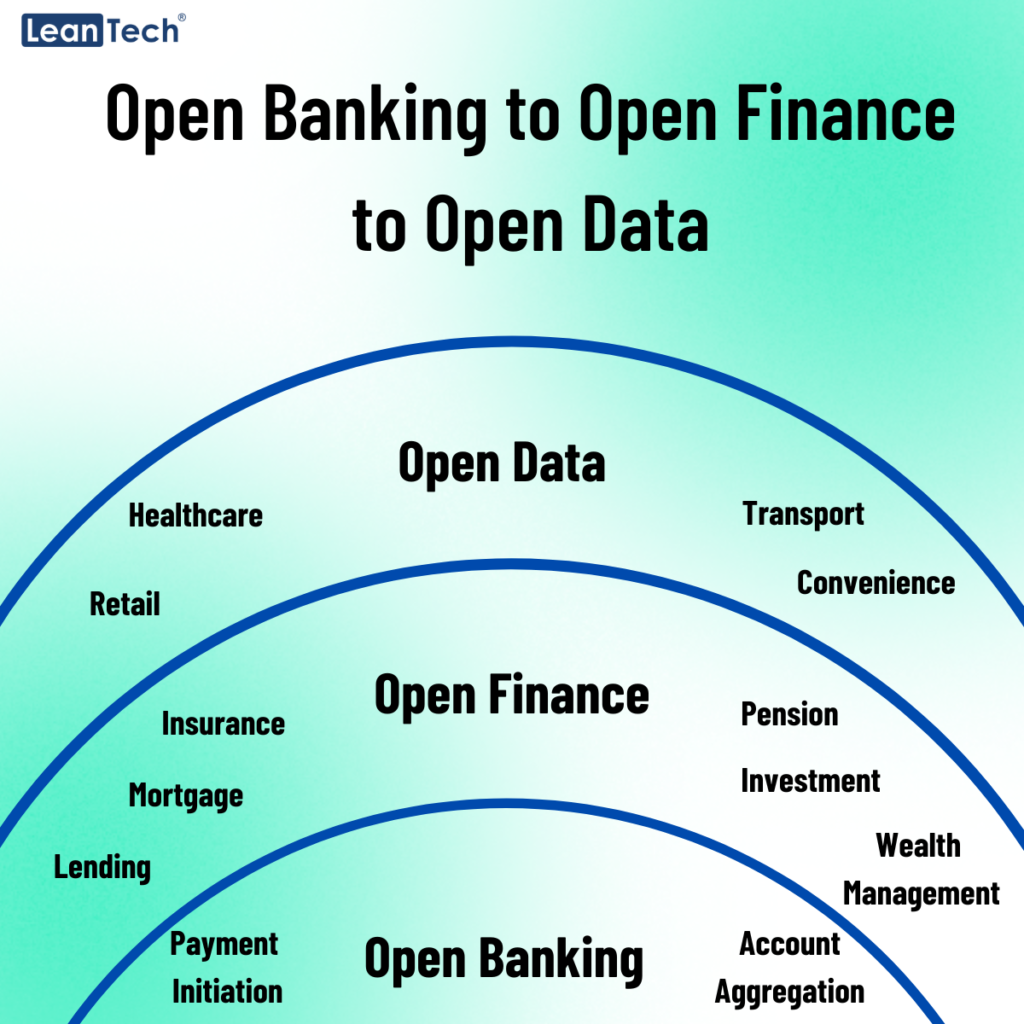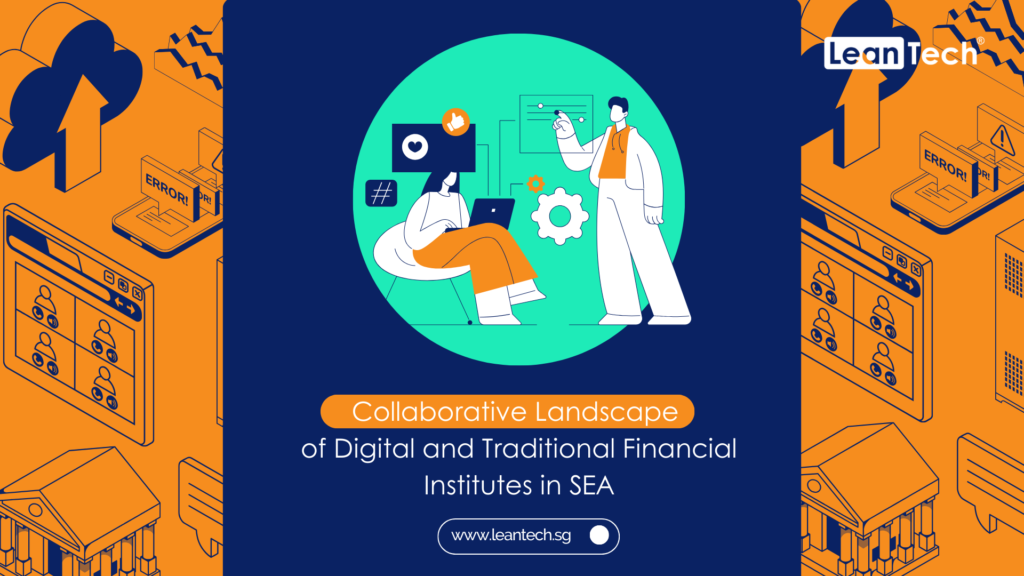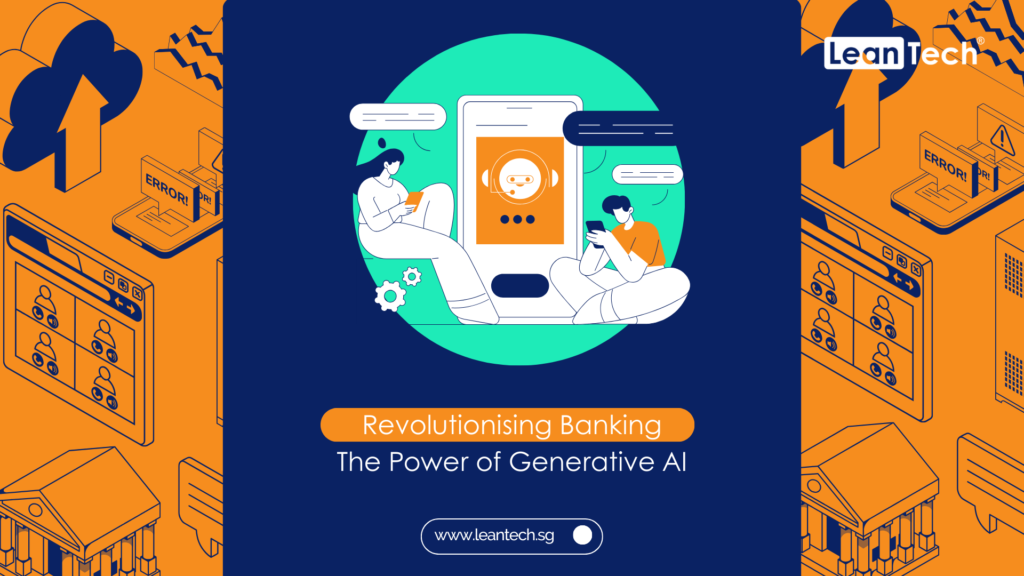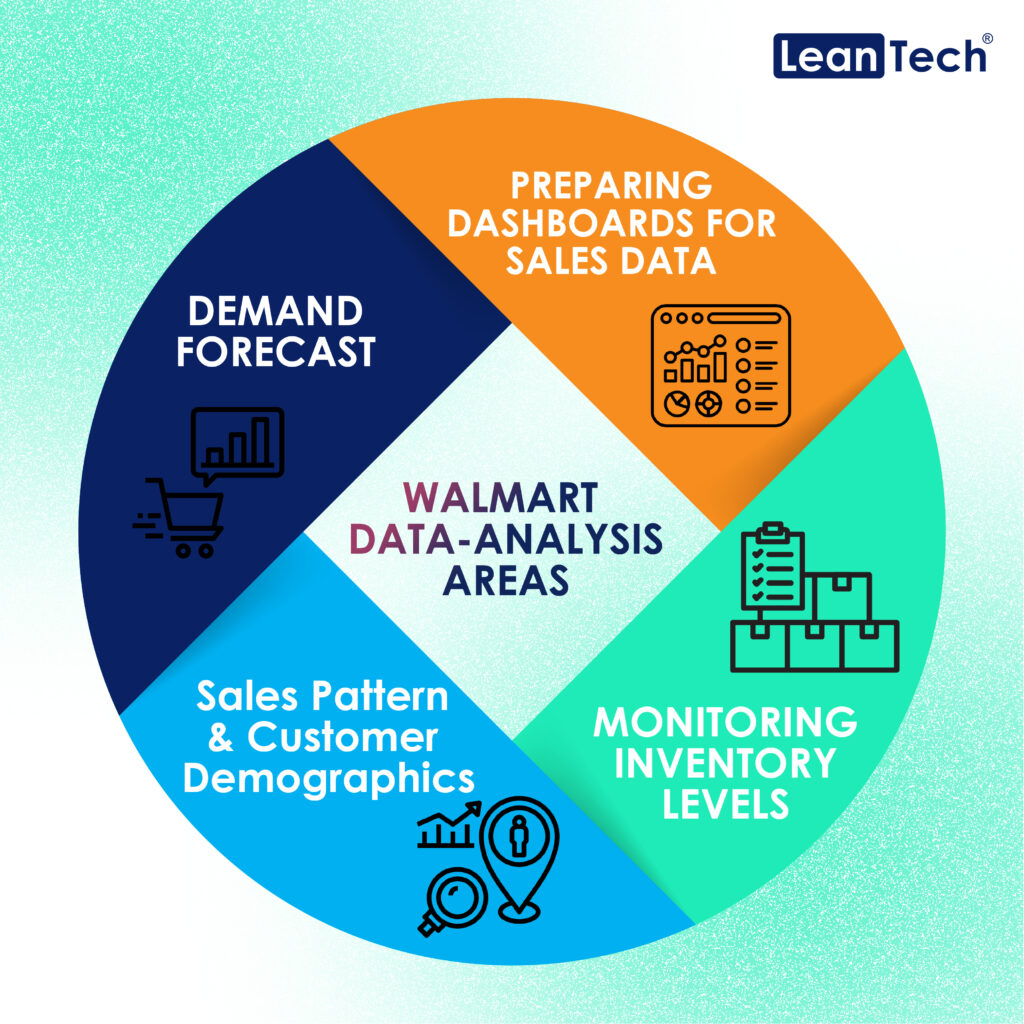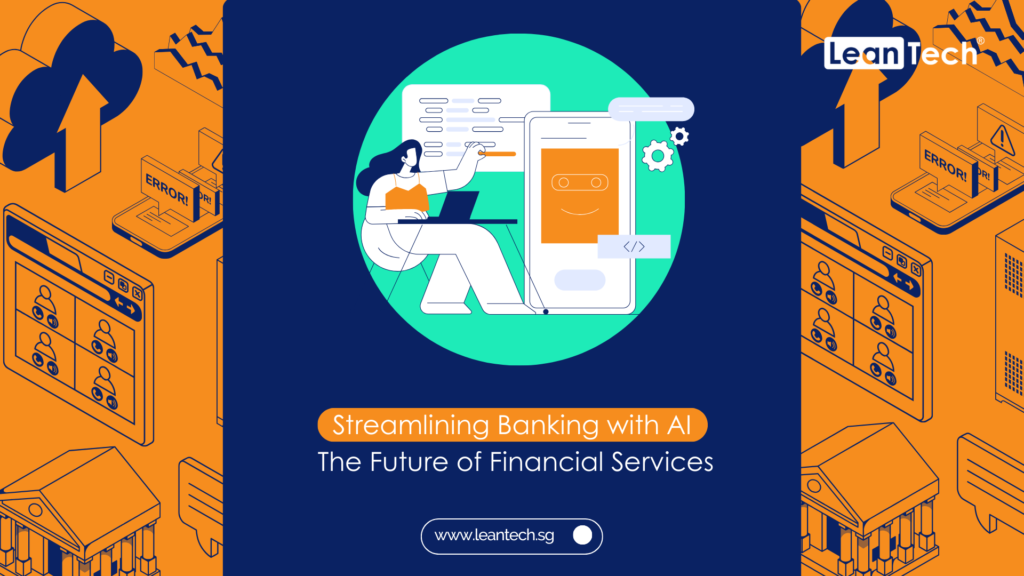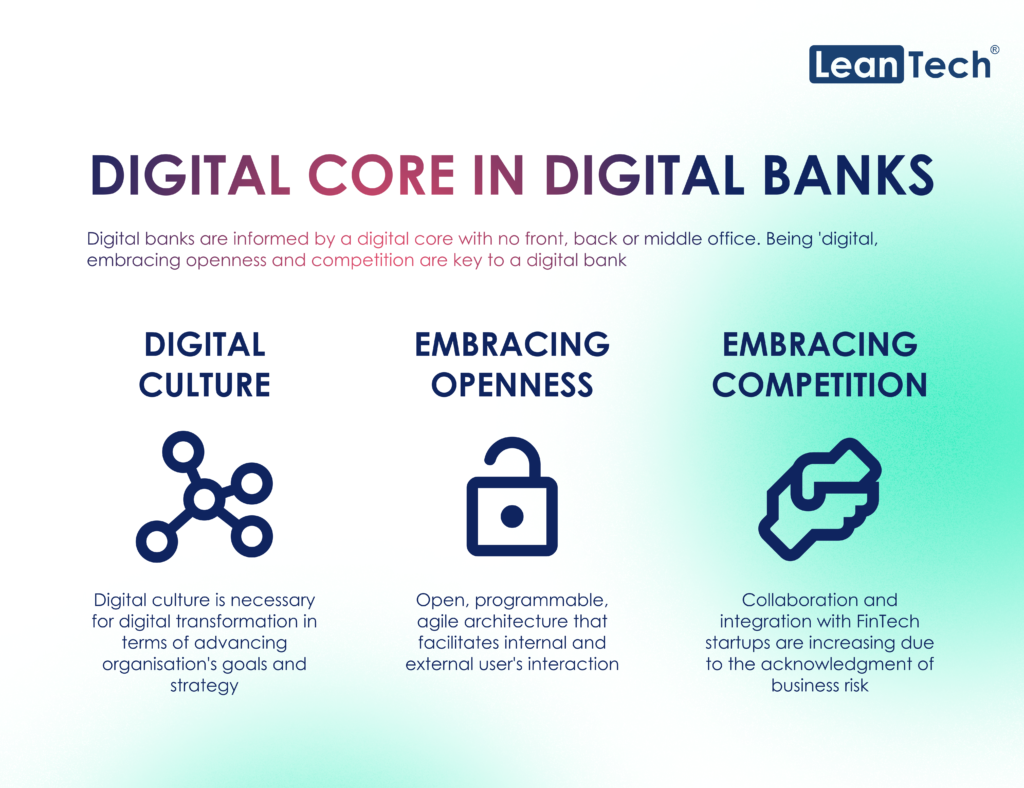Despite numerous attempts, the financial services industry continues to face challenges in developing a unified approach to digital transformation. While many financial institutions have undertaken some initiatives, they have encountered obstacles that have hindered progress. These include complex infrastructures resulting from mergers and acquisitions, difficulties integrating legacy systems with new technology, a shortage of qualified personnel to manage digital transformations, and increased costs for equipment and services.
Without immediate pressure to expedite digital transformation, institutions lacked a sense of urgency to advance their strategies. Instead, they faced mounting regulatory requirements for monetary controls and reporting in the aftermath of the 2008 Great Recession. Updating existing systems to comply with these regulations became an immediate priority. Moreover, as cyberattacks escalated, firms had to enhance their cybersecurity measures or face severe financial penalties in the event of a breach. These short-term pressures took precedence over long-term digital transformation efforts. Then, the COVID-19 crisis struck, abruptly thrusting the postponed initiatives into the forefront with unprecedented urgency. However, financial institutions are still struggling to fully embrace genuine digital transformation, as the underlying obstacles did not vanish overnight.
Customer Experience is the key
Customer experience serves as the driving force behind digital strategies for most organisations, with revenue growth closely tied to it. However, despite this understanding, many initiatives in various sectors, including finance, still predominantly focus on technology, legacy systems, and security. The connection between the need for transformation (driven by growth) and the necessary technology to effect change has often been overlooked. In the absence of clearly articulated goals, individual efforts may be perceived as disjointed and lacking a cohesive plan.
The financial sector encounters its unique set of challenges during the transformation process, but it is not alone in facing these obstacles. Healthcare, for instance, must navigate complex infrastructures resulting from mergers and acquisitions, while manufacturing struggles with integrating legacy systems and new technology. Furthermore, all sectors grapple with the scarcity of IT personnel and escalating costs.
Although the financial sector operates under stringent regulations, compliance concerns are not exclusive to this industry alone. So, why has the financial sector experienced such difficulties and pain in achieving digital transformation?
Paradigm Shift: The need of the hour
The clash between digital culture and traditionalism poses a significant challenge in achieving successful digital transformation. Paradigms, which encompass the core concepts and practices of a group, can be revolutionary when they shift. For instance, Copernicus’ theory challenging the Earth-centric view of the universe brought about a profound change in astronomy, triggering theological, mathematical, and philosophical debates. This paradigm shifts also influenced literature and the arts, ultimately changing the world.
Likewise, the COVID-19 crisis has the potential to serve as a catalyst for a paradigm shift in digital transformation within the financial services industry. Decision-makers are increasingly recognising that transformative change necessitates a cultural shift encompassing the fundamental aspects of an organisation. Establishing a digital culture is vital for facilitating digital transformation, understanding how technology influences and interacts with both employees and customers.
Unfortunately, many institutions have yet to cultivate a digital culture, which hampers their transformation efforts. A recent study by BCG revealed that 80% of digital transformation initiatives fail due to the absence of a corresponding digital culture. While there are multiple factors contributing to the failure of such initiatives, sustaining the momentum and driving digital transformation forward require dedication and effective leadership.
People on the forefront of driving Digital Transformation
The significance of people in driving digital change is often overlooked. The focus tends to be on infrastructure and operational processes rather than fostering a digital culture that enables transformation. Traditional hierarchies, decision-making processes, and limited employee empowerment persist. Financial institutions must prioritise creating a culture that embraces continuous learning and accepts failure as part of the innovation process. By nurturing a digital culture, the financial sector can address one of its challenges: the lack of skilled personnel. According to BDO’s research, round 70% of financial services executives cite a lack of skills or inadequate training as the biggest hurdle to new digital initiatives, a sentiment shared by almost 55% of non-financial executives.
Digital organisations provide opportunities for existing employees to enhance their skill sets and acquire digital proficiency. They also attract talent seeking collaborative and creative environments with greater autonomy. Recognising that an improved employee experience leads to a better customer experience, they place a strong emphasis on customer focus rather than solely process orientation. While the financial sector does not ignore processes, its focus tends to be internal rather than external. Digital companies, on the other hand, prioritise a customer-centric approach, empowering employees to find solutions that meet customer expectations. Instead of starting with infrastructure constraints, they begin by understanding the customer’s perspective.
For instance, consider the need to communicate critical information to a group of account holders with three available options. A traditional approach would involve sending letters and forms via mail, requiring customers to choose, sign, and return them. This process involves time, printing, distribution costs, and manual handling, taking weeks to complete. In contrast, a digital approach leverages tools such as email, text, or online banking notifications, allowing customers to select options and digitally sign forms within days. Back-end processing can be automated, significantly reducing time and costs.
Taking the Digital Transformation forward, one Digital Mindset at a time
To propel digital transformation in financial institutions, a culture change is necessary. Embracing a digital mindset creates an environment where employees are empowered to prioritise the customer and deliver exceptional experiences. Instead of relying solely on existing systems, the industry should focus on finding solutions that enhance the customer journey.
At DigiMindset, we offer a comprehensive platform and a range of services to support this transformation. Our platform enables citizen developers to swiftly deliver innovative solutions while ensuring system integrity. With our IT-sanctioned solution, institutions can maintain performance and security without overwhelming their IT resources. By leveraging our platform, organisations can enhance the employee experience, leading to improved customer journeys. Furthermore, as part of our services, we provide valuable face-to-face training led by industry-experienced coaches. This training equips financial institutions with the skills and knowledge needed to effectively drive digital transformation.
DigiMindset provides a comprehensive solution to empower financial institutions on their digital transformation voyage. By fostering a digital culture and leveraging our services, organisations can deliver exceptional customer experiences while optimising internal processes.
Contact us today to learn more about how DigiMindset can help you accelerate your digital transformation.

